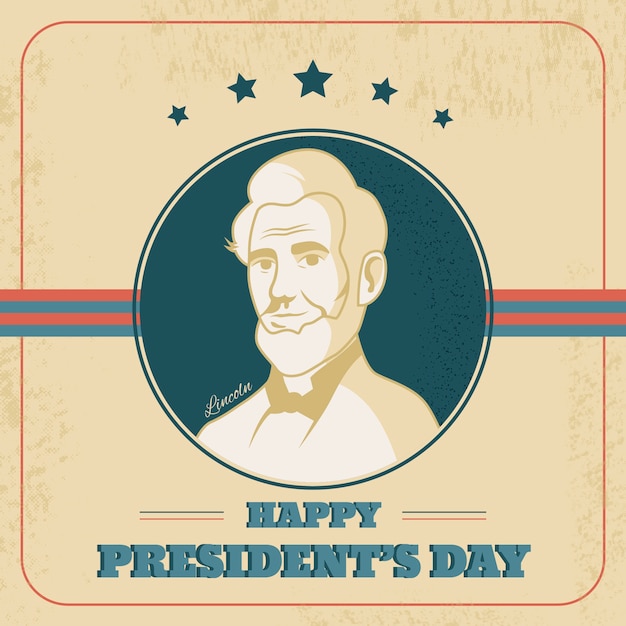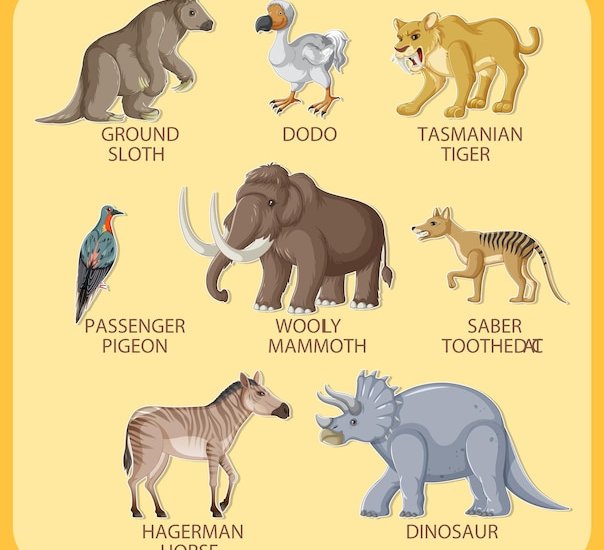Facts about MLK Jr

MLK Jr. was born on January 15, 19
2. MLK Jr. was a prominent leader in the American civil rights movement.
MLK Jr. was an advocate for nonviolent civil disobedience.
MLK Jr. delivered his famous I Have a Dream speech in 1963.
MLK Jr.’s efforts in the civil rights movement led to the passing of the Civil Rights Act of 1964.
MLK Jr. was awarded the Nobel Peace Prize in 1964.
MLK Jr. was assassinated on April 4, 1968.
MLK Jr. was influenced by the teachings of Mahatma Gandhi.
MLK Jr. led the Montgomery Bus Boycott in 1955.
MLK Jr. graduated from Morehouse College at the age of
MLK Jr. received a Ph.D. in theology from Boston University.
MLK Jr. played a significant role in the Selma to Montgomery marches.
MLK Jr. founded the Southern Christian Leadership Conference (SCLC) in 1957.
MLK Jr. was inspired by his father, who was a preacher.
MLK Jr. advocated for equality and justice for all, regardless of race.
MLK Jr. organized the March on Washington for Jobs and Freedom in 1963.
MLK Jr. believed in the power of love and forgiveness.
MLK Jr. was influenced by the ideas of Henry David Thoreau.
MLK Jr. promoted economic boycotts as a form of protest.
MLK Jr. was a key figure in the successful desegregation of buses in Montgomery, Alabama.
MLK Jr. was jailed multiple times for his activism.
MLK Jr. delivered over 2,500 speeches in his lifetime.
Facts about MLK Jr part 2
MLK Jr. wrote several books, including Stride Toward Freedom and Where Do We Go from Here: Chaos or Community?
MLK Jr.’s birthday is celebrated as a national holiday in the United States.
MLK Jr. was influenced by the ideas of theologian Reinhold Niebuhr.
MLK Jr. advocated for voting rights for African Americans.
MLK Jr. believed in the power of education to combat racism and discrimination.
MLK Jr. was known for his eloquence and powerful oratory skills.
MLK Jr. was a vegetarian and promoted nonviolence in all aspects of life.
MLK Jr. received inspiration from the works of Mohandas Karamchand Gandhi.
MLK Jr. organized the Birmingham campaign in 1963, which aimed to end segregation in one of America’s most racially divided cities.
MLK Jr. traveled extensively, spreading his message of equality and justice.
MLK Jr. helped to organize the March on Washington, where he delivered his iconic I Have a Dream speech.
MLK Jr.’s activism and leadership paved the way for the passage of the Voting Rights Act in 1965.
MLK Jr. believed in the power of peaceful protests and civil disobedience to bring about change.
MLK Jr. was arrested numerous times for his participation in peaceful protests.
MLK Jr.’s impact on American society continues to be felt today, particularly in the ongoing fight for racial justice.
MLK Jr.’s legacy extends beyond the United States, as his principles of nonviolence and equality resonate globally.
MLK Jr.’s work and sacrifice made him an iconic figure, inspiring countless others to fight for justice and equality.
MLK Jr.’s message of love, understanding, and unity continues to be relevant in today’s divided world.
MLK Jr. believed in the power of individuals to make a difference and encouraged people to take action.
MLK Jr.’s leadership during the civil rights movement helped bring attention to the systemic injustices faced by African Americans.
MLK Jr. was known for his commitment to nonviolence, even in the face of harsh opposition and violence.
MLK Jr.’s peaceful protests and demonstrations showed the world the strength of unity and solidarity.
MLK Jr.’s untimely death left a void in the civil rights movement, but his teachings and principles continue to inspire generations to fight for equality and justice.

